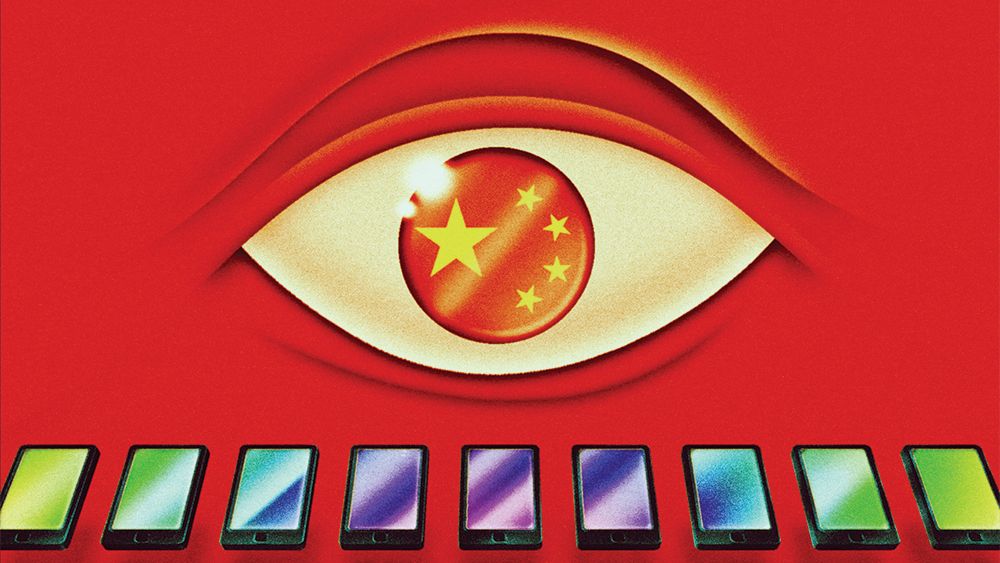Table of Contents
Chinese authorities are considering implementing measures that would require social media platforms to review and potentially censor user comments deemed "harmful" prior to their publication.
In June 2022, the Cyberspace Administration of China (CAC), the country's internet regulatory body, released a proposed update to its existing legislation from 2017, which governs the implementation of censorship practices. Under the proposed update, social media platforms would be obligated to have content moderation teams in place to filter and report any illegal content to the authorities.
The scope of the proposed measures covers all types of comments, including original posts, replies, and real-time comments in video streaming, often referred to as "bullet chats." Additionally, the proposed update introduces the concept of holding the creators of posts accountable for the comments made by others on their content.

The introduction of these new guidelines has raised apprehensions about further censorship in a nation already known for its highly restrictive regulations. In response, many internet users in China have widely adopted security tools, such as top-rated China VPN services, as a means to circumvent these stringent controls.
The extent of censorship in China
China's Great Firewall has gained notoriety for maintaining what Freedom House has deemed "the world's most stringent media environment and sophisticated censorship system, especially online."
For a considerable period, access to popular Western social media platforms like Facebook, Twitter, Instagram, TikTok, and YouTube has been blocked. Similarly, services such as Google, Wikipedia, Netflix, and major international news outlets like the BBC, the New York Times, and Reuters are also restricted.
Moreover, Chinese platforms like WeChat and Weibo employ keyword-filtering algorithms to censor politically sensitive content, requiring internet users to employ innovative approaches to share their messages effectively.
Nonetheless, these attempts at circumvention don't always succeed. A recent incident involved a renowned Chinese influencer, whose internet connection was abruptly severed during a live broadcast. According to Insider's report, Li Jiaqi faced this disruption while promoting an ice cream shaped like a military tank, meant to commemorate the 1989 Tiananmen Massacre.
The benefits of using a VPN
A VPN is a valuable tool that prioritizes the protection of users' data, privacy, and online anonymity. It also serves as a means to navigate and bypass stringent internet restrictions effectively.
How does it work? When you connect to a VPN service, you have the option to select a server from a diverse range of secure and high-speed locations worldwide. By doing so, your true IP address remains hidden, creating the illusion that you are located in a different country based on the server you choose. This clever disguise tricks your internet service provider (ISP) into believing you are accessing the internet from elsewhere.
Given the Chinese authorities' strict regulations and persistent efforts to block VPN usage, it becomes crucial to choose your security service wisely. VPN providers that implement obfuscation technology, for instance, are less susceptible to detection and blocking attempts. Before making a choice, we recommend consulting our updated guide to discover the most reliable VPNs that still work in China.
Our Top VPNs for China












